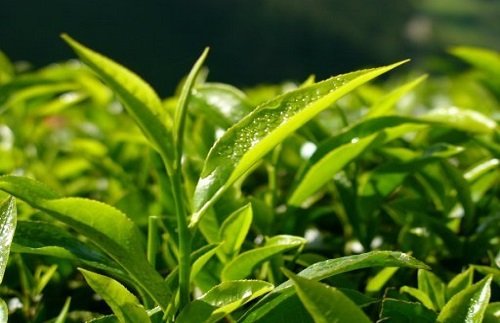
Green tea is a type of tea that is made from the leaves of the Camellia sinensis plant, the same plant used to produce black tea, oolong tea, and white tea. What sets green tea apart from other types is its minimal processing, which helps retain its natural color, flavor, and health-promoting compounds. Green tea is celebrated for its potential health benefits due to the presence of natural antioxidants called catechins, particularly epigallocatechin gallate (EGCG). These antioxidants may help combat free radicals in the body and support overall health. Studies suggest that regular consumption of green tea may be linked to various health advantages, such as improved heart health, better brain function, and potential protection against certain types of cancer.To brew green tea, it's essential to use water that's not boiling hot, as high temperatures can result in a bitter taste. The water should be around 160-180°F (70-80°C). Allow the tea leaves to steep for a short period, usually 1-3 minutes, depending on the type of green tea and personal preference.There are numerous varieties of green tea, each with its unique flavor and characteristics. Some well-known types include Japanese green teas like Sencha, Matcha, Gyokuro, and Genmaicha, as well as Chinese green teas like Longjing (Dragonwell), Bi Luo Chun, and Gunpowder tea. Remember that while green tea offers numerous potential health benefits, individual responses can vary, and it's best to enjoy it as part of a balanced and healthy diet. Whether you savor it for its taste or its potential health effects, green tea is a delightful beverage that has been cherished for centuries across the globe.


